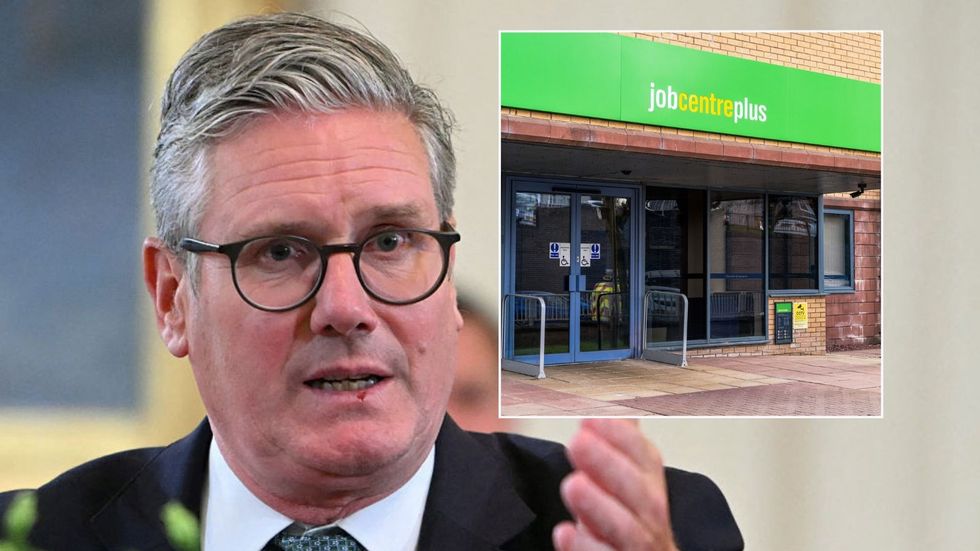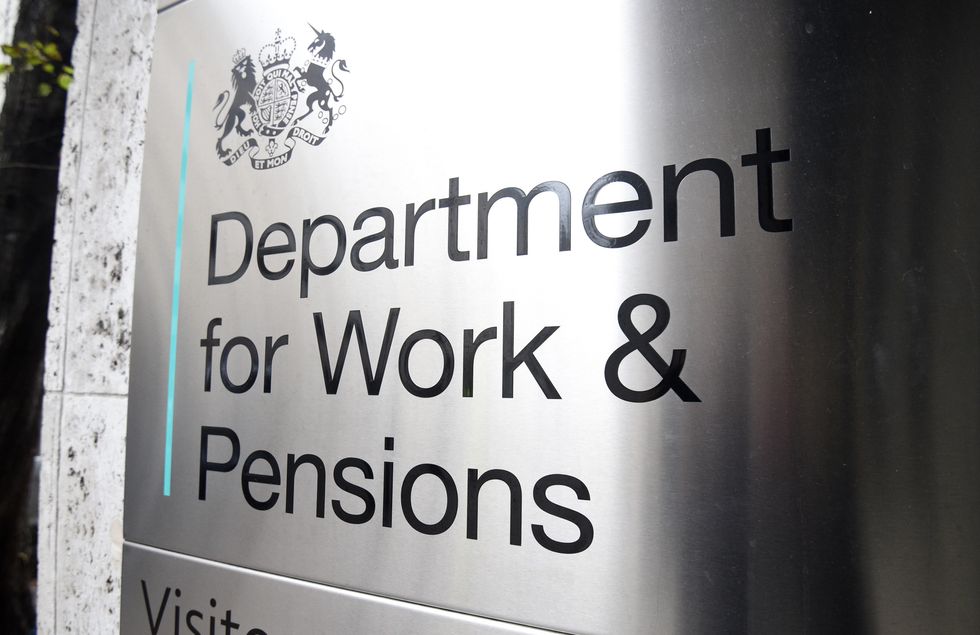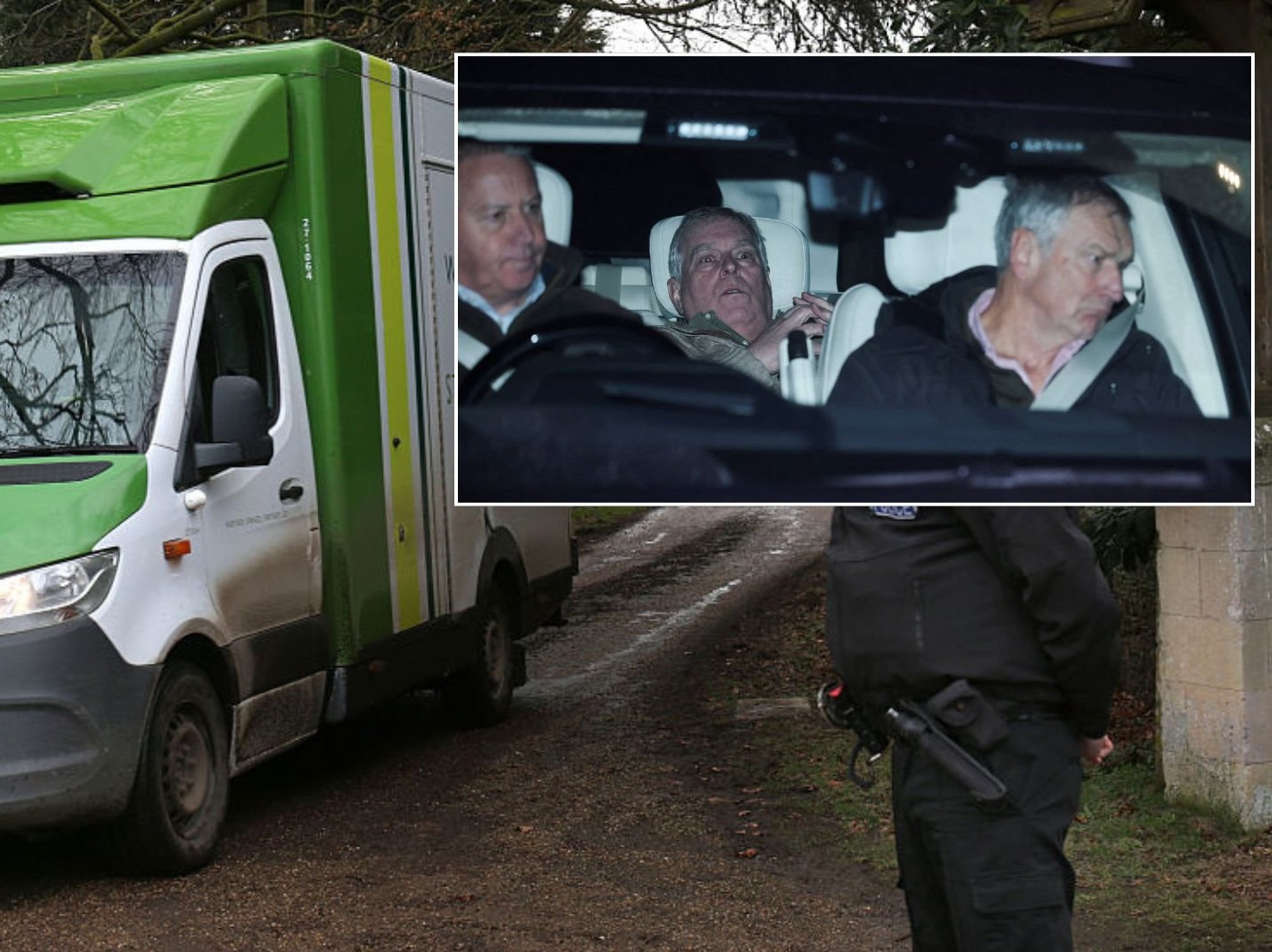Britons on jobless benefits hit record 6.5MILLION under Keir Starmer

Cricketer Shaun Rigby tells GB News that the DWP have branded him 'not disabled enough' |
GBNEWS

The number of working-age adults on welfare has surged by 79 per cent since early 2018, new figures show
Don't Miss
Most Read
The number of Britons on jobless benefits has climbed to a record 6.5million after surging by 500,000 under Labour, official figures show.
This represents the highest figure ever recorded, surpassing previous peaks seen during the pandemic when claims reached 5.9 million.
The latest Department for Work and Pensions statistics reveal that more than 15 per cent of working-age Britons currently receive some form of worklessness welfare. This marks a dramatic shift from a decade ago when the proportion stood at just nine per cent.
The benefits encompass incapacity payments, unemployment support, and Universal Credit for those without employment. Since early 2018, the total has surged by 79 per cent, highlighting the scale of Britain's expanding welfare dependency.
Since Sir Keir Starmer took office last summer, the number of people claiming out-of-work benefits has risen by more than 500,000. The sharp increase runs counter to the Prime Minister's pledge to "get Britain working" and deliver the highest employment rate in the G7.
The figures prove particularly damaging for Chancellor Rachel Reeves, who abandoned several planned welfare reforms this year following resistance from Labour backbenchers. The rise came to light after the Department for Work and Pensions quietly revised its official benefits data.
The number of working-age adults on these payments has grown by almost nine per cent since Labour's election win. A decline that began after claims peaked during the pandemic in February 2021 went into reverse in May 2022, with claimant numbers climbing steadily ever since.
The welfare crisis has hit certain urban areas particularly hard, with some cities recording more than a quarter of their working-age population on out-of-work benefits.

The welfare crisis has hit certain urban areas particularly hard
|GETTY
Blackpool leads with 27 per cent of working-age residents claiming these payments, according to analysis by Fraser Nelson published on his Substack newsletter.
Birmingham follows closely with 25 per cent of its working-age population receiving worklessness welfare. Liverpool and Glasgow also show concerning levels, with 23 per cent and 22 per cent respectively.
These metropolitan areas demonstrate how the benefits surge has concentrated in Britain's major cities. The geographical disparities highlight the uneven nature of the worklessness crisis across the country, with urban centres bearing a disproportionate burden of welfare dependency.

DWP figures show more than 15 per cent of working-age Britons currently receive some form of worklessness welfare
| PAMental health issues have emerged as a primary driver of the benefits surge, with young people increasingly unable to work due to psychological conditions.
The number of under-25s receiving sickness benefits has jumped by 52 per cent since early 2020, reaching a record 235,000 claimants.
This dramatic rise among younger demographics represents a fundamental shift in Britain's welfare landscape. While sickness benefits can be claimed by those still employed, concerns are mounting that medical assessments often lead to permanent workforce exits.
Sir Charlie Mayfield, the former John Lewis chief executive now leading a government worklessness review, warned The Telegraph that fit notes were creating "a force field" between employers and their staff. His comments suggest that medical certification processes may inadvertently trap people outside the labour market rather than facilitating their return to work.

Labour has placed over one million working-age Britons on jobless benefits without any obligation to seek employment
| GETTYAndrew Griffith, the shadow business secretary, launched a scathing attack on the government's record, stating: "This shows Britain has a worklessness crisis which Labour seems determined to make even worse with more tax rises and additional employment red tape. Rather than watch it spiral out of control, Labour need to U-turn now."
Labour has placed over one million working-age Britons on jobless benefits without any obligation to seek employment. The number of Universal Credit claimants exempt from job-searching requirements has risen to 3.7 million from 2.67 million when Labour won power.
Meanwhile, those required to actively seek work as a benefit condition has actually decreased from 1.65 million to 1.6 million during the same period, suggesting a shift towards unconditional welfare support.
More From GB News










